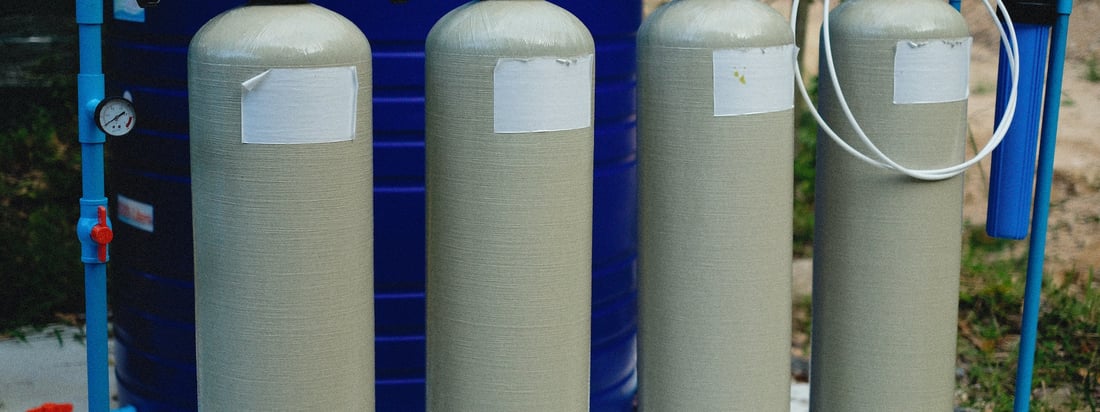Introduction
Water softening is a common solution for treating hard water, which contains high levels of minerals such as calcium and magnesium. A key component in water softening systems is the water softener FRP (Fiberglass Reinforced Plastic) tank. In this article, we will explore the purpose, features, applications, and factors to consider when choosing a water softener FRP tank.
What is a Water Softener FRP Tank?
A water softener FRP tank is a vessel made of Fiberglass Reinforced Plastic, a composite material known for its durability and resistance to corrosion. It is designed to hold the ion exchange resin used in water softening systems. FRP tanks are favored in water treatment applications due to their high strength-to-weight ratio, non-reactive nature, and long lifespan.
The Features of a Water Softener FRP Tank
- Durability: FRP tanks are highly durable and resistant to corrosion, making them suitable for long-term use in water softening applications. They can withstand harsh environmental conditions and the presence of chemicals commonly used in water treatment processes.
- Lightweight: FRP tanks are significantly lighter than traditional steel or concrete tanks, making them easier to handle, transport, and install. This lightweight nature reduces the structural requirements and associated costs.
- Non-reactive: The non-reactive nature of FRP ensures that the tank does not contaminate the water or interact with the chemicals used in the water softening process. This property helps maintain the purity and effectiveness of the water treatment system.
- Versatility: Water softener FRP tanks come in various sizes and configurations to accommodate different water treatment needs. They can be customized to meet specific flow rates and resin capacity requirements, allowing for flexibility in system design and installation.
Applications of a Water Softener FRP Tank
Water softener FRP tanks find widespread use in residential, commercial, and industrial applications. Some common applications include:
- Residential Use: Water softener FRP tanks are commonly installed in homes to eliminate hardness in the water supply. They help improve the lifespan of plumbing systems, prevent scaling on fixtures, and enhance the effectiveness of soaps and detergents.
- Commercial Use: Commercial establishments such as hotels, restaurants, laundromats, and car wash facilities rely on water softener FRP tanks to ensure quality water for their operations. Softened water leads to better cleaning results, reduced equipment maintenance, and increased efficiency.
- Industrial Use: Industries that require large quantities of water for their processes, such as food and beverage production, pharmaceuticals, and manufacturing, employ water softener FRP tanks to remove hardness and protect equipment from scaling and damage.
How to Choose the Right Water Softener FRP Tank
- Capacity: Consider the daily water consumption and the hardness level of your water supply to determine the required resin capacity and the size of the FRP tank.
- Flow Rate: Assess the flow rate needed for your application to ensure that the FRP tank can handle the desired water flow without causing pressure drops or compromising system performance.
- Quality and Certification: Choose an FRP tank from a reputable manufacturer that meets industry standards and certifications to ensure quality, reliability, and compliance with regulations.
- Installation and Maintenance: Consider the ease of installation, access for maintenance, and availability of spare parts when selecting a water softener FRP tank.
Conclusion
Water softener FRP tanks play a crucial role in water treatment systems, providing a durable and efficient vessel for the ion exchange resin used in water softening processes. With their durability, lightweight nature, and non-reactive properties, FRP tanks offer numerous benefits for residential, commercial, and industrial applications. When choosing a water softener FRP tank, consider factors such as capacity, flow rate, quality, and ease of installation and maintenance. By selecting the right FRP tank, you can ensure the effective removal of hardness from your water supply, leading to improved water quality and the longevity of your plumbing systems and equipment.

